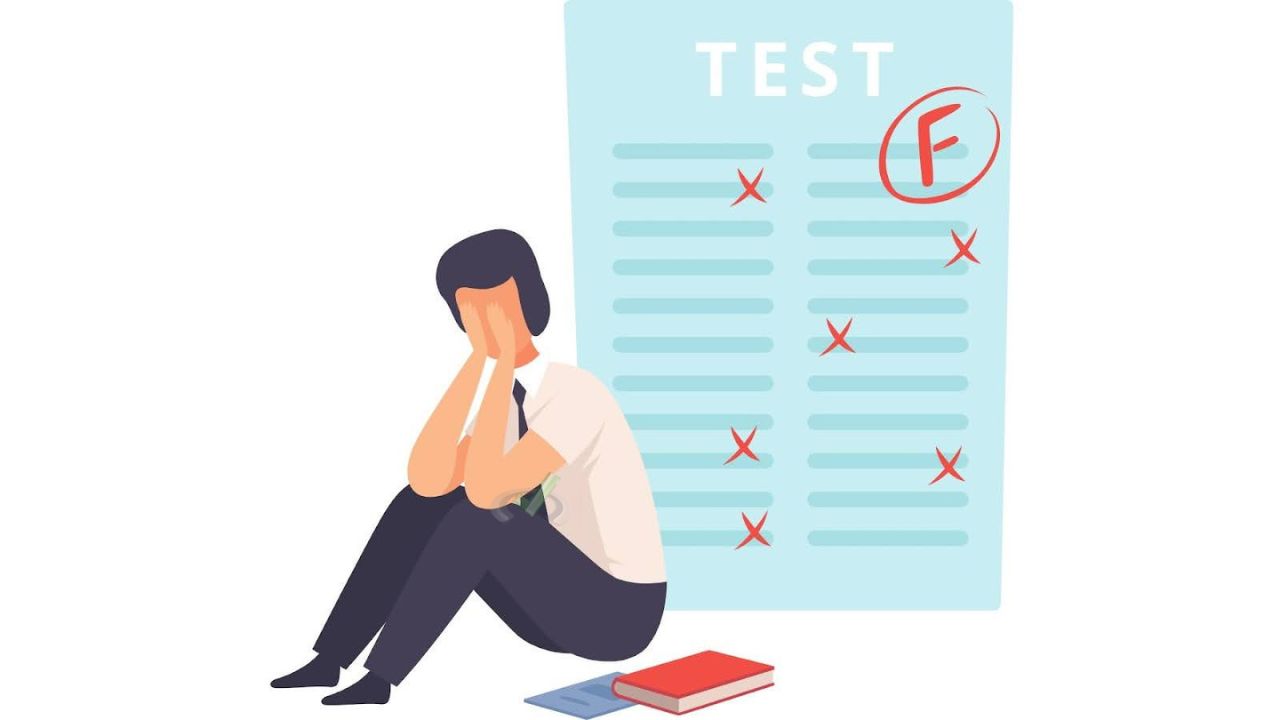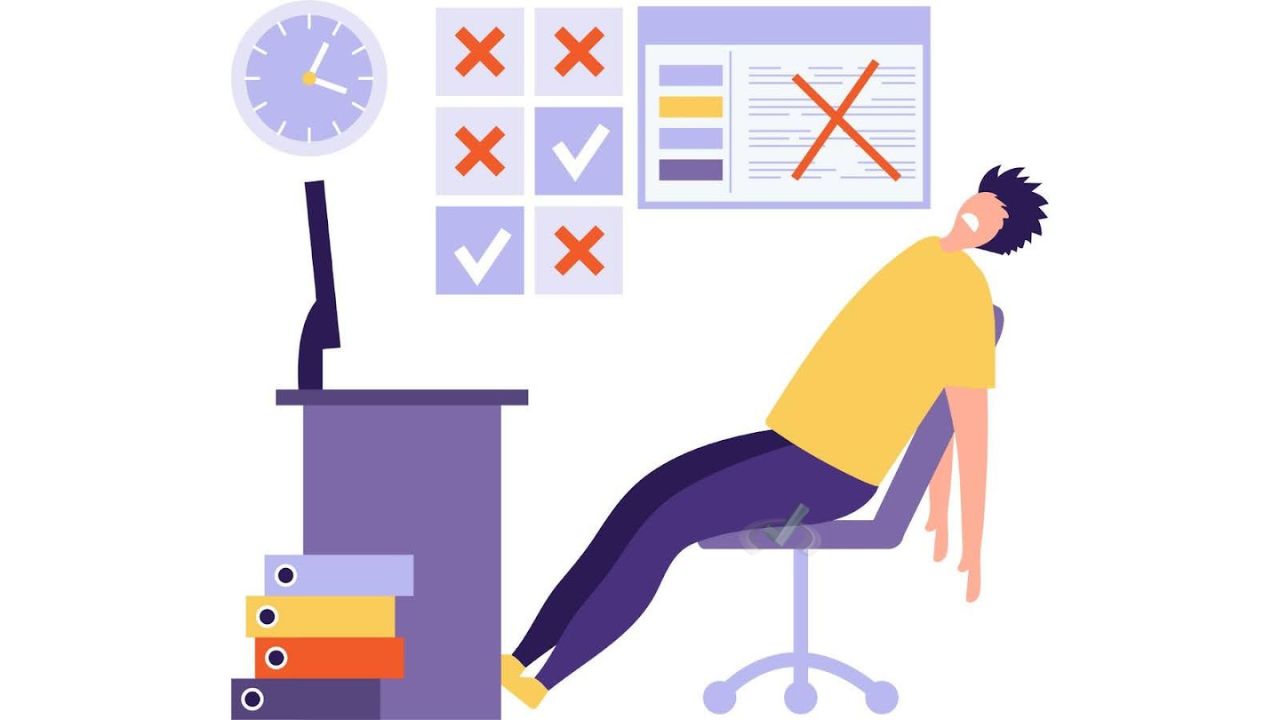
When preparing for the NCLEX, many nursing candidates wonder: Is 150 questions on NCLEX bad? It's a question that brings anxiety to many, as candidates often link the number of questions to their success or failure.
However, the reality might surprise you. Let’s break down this mystery and shed some light on what happens when your exam reaches the 150-question mark and what it really means for you as a test taker.
NCLEX and Its Question Format
Before diving into whether 150 questions on the NCLEX is a good or bad sign, it's crucial to understand how the exam is structured. The NCLEX (National Council Licensure Examination) is designed to assess the competence of nursing candidates in various areas of nursing practice.
If you're not familiar with how the exam works, this part might help clarify the whole process.
The NCLEX Test Structure
The NCLEX is a computer-adaptive test (CAT), meaning the difficulty of the questions will change depending on how well you're doing. It’s not just about getting a certain number of questions right — it’s about proving that you have the necessary skills and knowledge to practice nursing safely.
Here’s how the exam works:
You’re probably thinking: "Wait, what does all this mean for me?" Well, here’s the kicker — unlike traditional tests that have a fixed number of questions, the NCLEX adapts based on your answers.
If you do well, the questions get harder. If you struggle, the questions get easier. This helps the system figure out if you’re at a level of knowledge that’s safe for a nurse to have. If you get questions wrong, the system might give you easier questions, trying to assess your minimum competency.
What Happens at 150 Questions?
Now, if you’ve hit 150 questions during your exam, you might be wondering what this means. It can feel like you're stuck in a never-ending cycle, and it’s easy to assume the worst.
But here’s the deal: 150 questions on NCLEX is not necessarily a bad sign. In fact, it’s just a part of the process, and it doesn't determine whether you're passing or failing.
So, let’s break it down:
So, Is 150 Questions on NCLEX Bad?
Here’s the big question: Is 150 questions on NCLEX bad? The short and sweet answer? No, it’s not.
In fact, it’s a very normal part of the NCLEX-RN or NCLEX-PN process. The number of questions you get doesn’t indicate whether you’ve passed or failed.
The NCLEX is designed to assess whether you have the skills to practice safely, not how many questions you can answer. Here’s why:It’s All About Confidence
When the system asks 150 questions, it’s gathering enough information to decide whether you’re ready to be a nurse. If you’ve answered enough questions with a high level of accuracy, it might stop the exam early.
On the flip side, if you’re struggling, the system might keep asking more questions, possibly up to the full 265. The goal is to find the point at which the system can confidently say, "Yes, this person is qualified," or "No, this person needs more practice."
The System Wants to Be Sure
If you're worried about hitting that 150-question mark, remember that the system is doing its job. The NCLEX is about being thorough. It doesn’t want to guess whether you’re ready for the nursing world — it wants to know for sure. So, the system might ask you more questions to get a clear picture of your abilities.
What’s important here is that 150 questions doesn’t mean you’re failing. It just means that the system hasn’t yet gathered enough information to determine whether you pass. In some cases, it may even stop at 75 questions if the system is confident that you’ve met the passing standard.The Science Behind the NCLEX's Adaptive Testing
Now that we’ve tackled the basics, let’s talk about the science behind this adaptive testing. When you answer a question correctly, the system considers this a sign that you're competent in that area. When you get a question wrong, it adjusts, giving you a question that’s easier.
But the question that most people ask is, how does the system decide when to stop? The NCLEX uses a mathematical model to evaluate your performance. Essentially, the test tries to determine whether you have enough knowledge to be considered safe to practice as a nurse. If the system is confident, it will stop the exam. If it’s not confident, it will keep going.The Passing Standard
Here’s where it gets interesting: the NCLEX-RN or NCLEX-PN doesn’t just ask how many correct answers you’ve given. Instead, the system is trying to determine whether you meet a "passing standard." This is a threshold that has been set based on safety.
You need to demonstrate that you have the necessary skills to protect your patients and make sound clinical decisions. The system will keep asking questions until it’s sure whether you’ve met that standard or not.
Scenarios That Can Lead to 150 Questions
If you're concerned about the 150-question mark, you’re not alone. Many candidates experience the same nerves. But it's important to understand the scenarios that can lead to 150 questions so you’re prepared and not anxious.
Scenario 1: Performing Well But Needing More Data
Sometimes, you might be answering questions correctly, but the system needs more information to determine whether you're truly safe to practice as a nurse. The more questions it asks, the more confident it becomes in its evaluation.
Scenario 2: Struggling with Harder Questions
If you get a few questions wrong, the system will adjust to make the questions easier. It does this to gather more information and assess whether your performance is still within the passing standard. If this happens, you might reach 150 questions, or even 265, before the system is sure about your competency level.
Scenario 3: The System Has Enough Data to Make a Decision
The system will stop once it has enough data to confidently determine if you’re ready to pass. If you’re performing well early on, it might stop at 75 questions. But if it needs more data to assess your knowledge, it might reach 150 questions — or even go all the way to 265.
How to Prepare for the NCLEX and Beat the Anxiety
Okay, so now that we’ve tackled the question of “is 150 questions on NCLEX bad,” let’s talk about what you can do to prepare. No one wants to find themselves sitting through 150 questions — or 265 — worrying about whether they’re passing or failing. Here are some tips to help you confidently face your NCLEX exam:
Focus on Core Concepts
The NCLEX isn’t designed to trick you. It’s designed to evaluate whether you can safely practice as a nurse. So, focus on the basics. Know your pharmacology, patient care protocols, safety procedures, and critical thinking skills.
Are you ready to keep pushing forward in your NCLEX journey? If you're preparing for your NCLEX exam, you can benefit from the NCLEX daily dose emails. These emails are packed with tips, strategies, and a question of the day to help you stay on track.
Whether you’re in the final stretch of your studying or need a quick refresher, subscribing to these emails will keep you on your toes. Sign up now and get the edge you need to pass the NCLEX with confidence!Practice, Practice, Practice
One of the best ways to prepare is by taking NCLEX practice exams. These will help you become familiar with the types of questions you’ll face, and the more you practice, the less anxious you’ll feel when you’re faced with 150 or more questions. Plus, practice exams will help you get used to the timing, so you don’t feel rushed during the real exam.
Don’t Let the Number of Questions Stress You Out
It’s tempting to focus on how many questions you’re answering. But here’s the truth: the number of questions doesn’t matter. What matters is how well you’re answering them. Focus on the task at hand and keep your confidence up, no matter how many questions appear on the screen.
How to Use Practice Exams Effectively for NCLEX
When you’re preparing for the NCLEX, simply answering practice questions isn’t enough. You need to approach these practice exams strategically. Here's how:
1. Start Slow and Build Up
Initially, focus on answering fewer questions at a time. For example, start with 30 to 40 practice questions, review them thoroughly, and learn from each mistake.
Once you’re comfortable, gradually increase the number of questions per session. This progressive buildup mimics the endurance you’ll need during the actual test.2. Review Your Incorrect Answers
After each practice exam, take the time to understand why you got certain questions wrong. Look at the rationale behind each answer, especially the ones that you got wrong. Doing this helps build your understanding and retention of the material, which is crucial when you hit 150 questions on NCLEX.
3. Simulate Real Test Conditions
Set aside time to do practice exams under timed conditions. Treat it like the real deal to get used to the pressure of answering questions within the time limit. This helps you manage your nerves and develop the stamina needed to tackle the full 265-question test if you go the distance.
Struggling with the NCLEX content or just need a quick review? Download your NCLEX Cheatsheets now! These handy resources will give you the important details you need, from pharmacology formulas to crucial nursing concepts, in one place. Save time and make your study sessions more effective.
Final Thoughts on 150 Questions on NCLEX
So, is 150 questions on NCLEX bad? The short answer is: no. The number of questions you get is just one part of the adaptive process designed to assess your ability to practice nursing safely. The key to passing the NCLEX isn’t about how many questions you answer — it’s about your overall knowledge and competency.
Remember, the NCLEX is not designed to overwhelm you, but to ensure that you're ready to protect patients and make important decisions. Trust in your preparation, stay calm, and remember that no matter how many questions you face, you're ready for the challenge. Keep calm, stay confident, and you’ll do great!